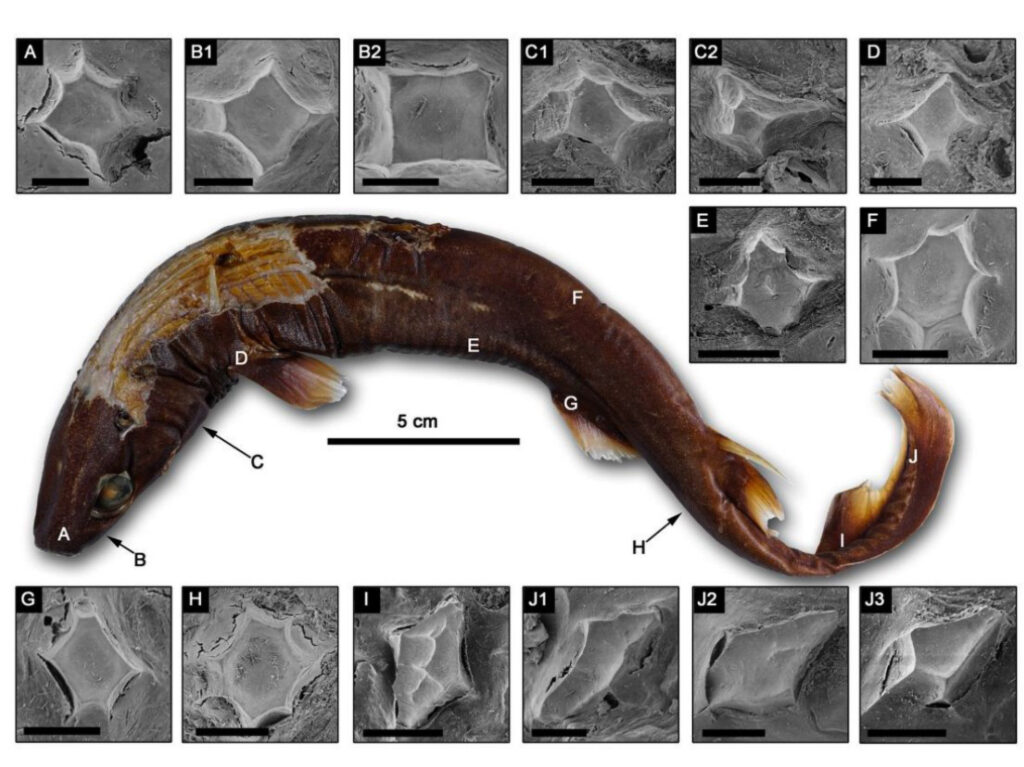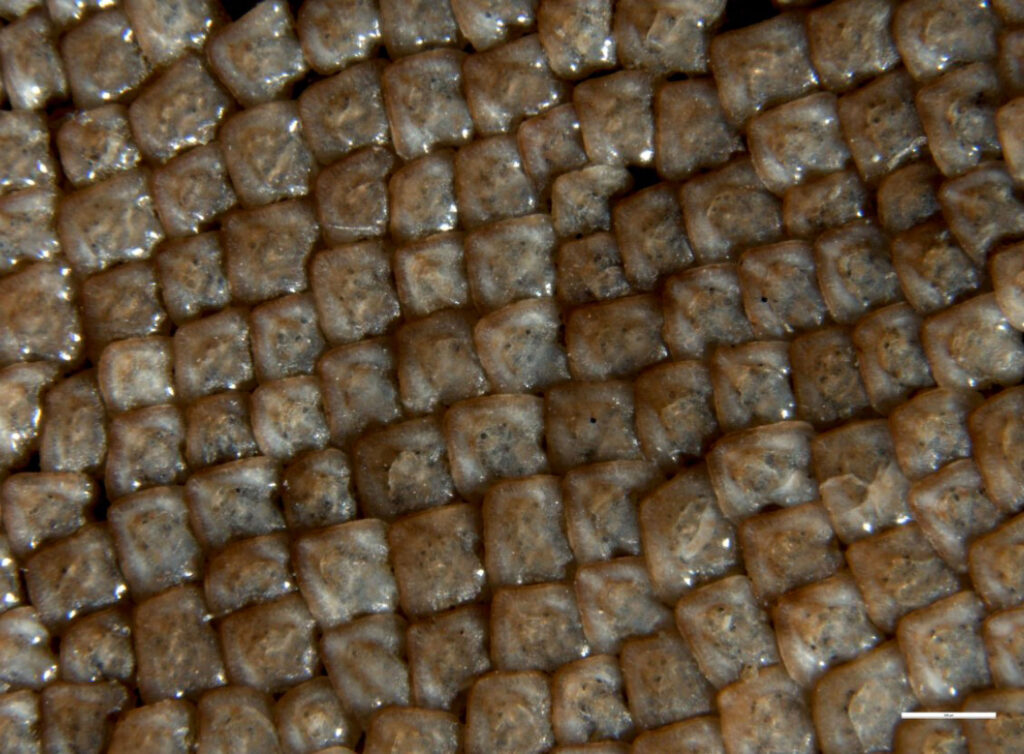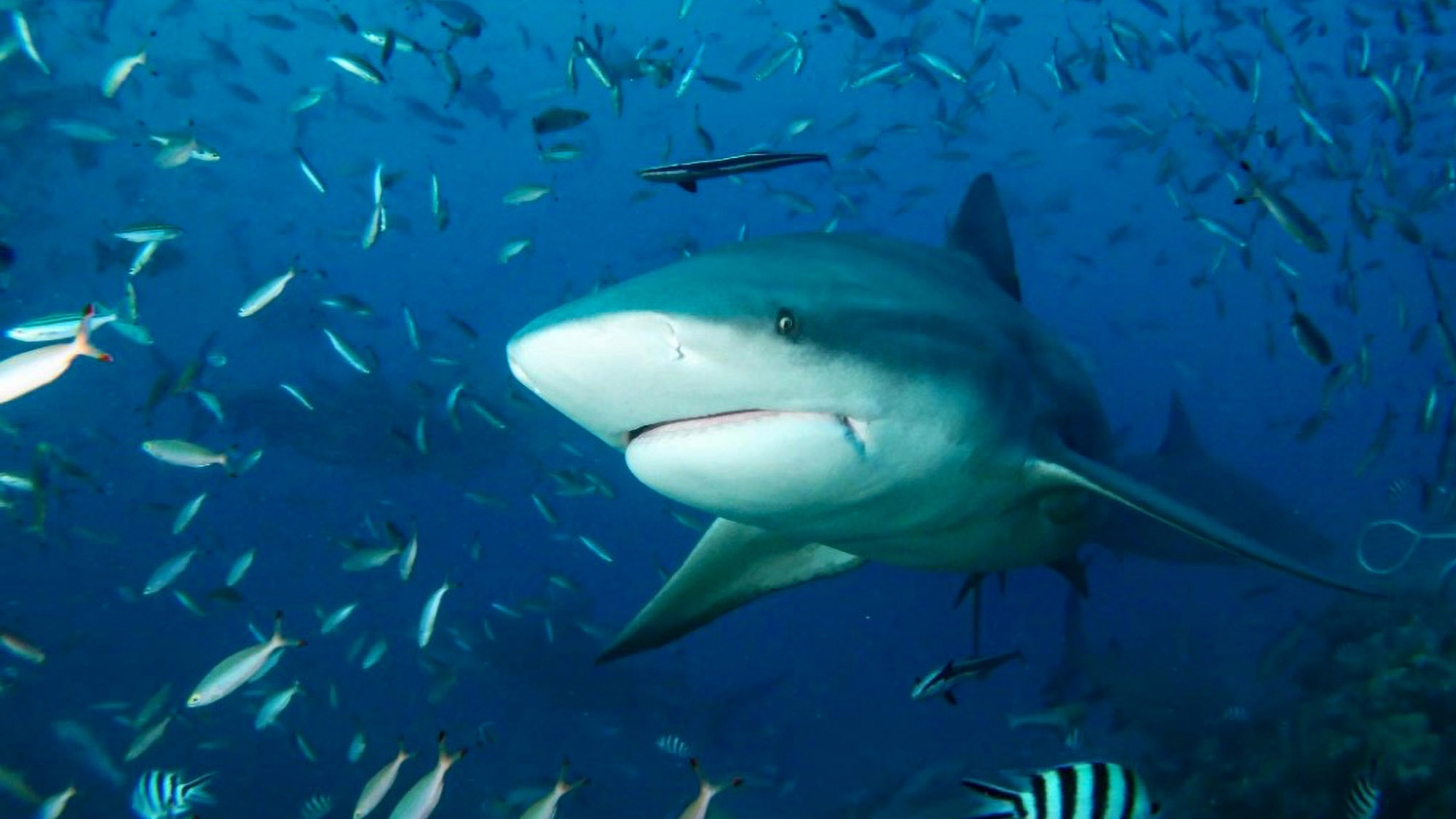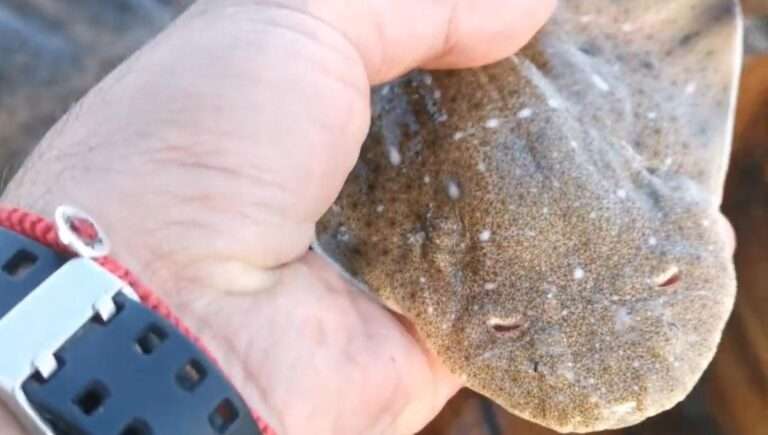A massive shark die-off 19 million years ago that was reported in the prestigious journal ‘Science’ and hit headlines the world over did not actually happen, according to new research.
In June this year, two US scientists reported in the journal of a decline in shark diversity 19 million years ago, with a decrease of over 90 percent in the abundance of deep-ocean sharks.
The claim hit headlines the world over. However, researchers at the Museum of Natural History (NHM) Vienna and others have now cast doubt on it, saying the event probably did not happen.
The Austrian researchers say that due to the relative stability of the deep sea, such an enormous decline in deep-ocean sharks would be surprising.

(NHM Vienna, Iris Feichtinger/Newsflash)
Dr Mathias Harzhauser, who heads the museum’s Geology and Palaeontology Department, was quoted in an NHM Vienna press statement released on 10th December as saying: “In several projects financed by the Austrian Science Fund (FWF), we examined marine deposits of the same age in Italy, Greece, Turkey, Tanzania, India, Sri Lanka and Oman. Nowhere was there any evidence of an extinction event 19 million years ago.”
According to the new research, the data used by Yale University’s Dr Elizabeth Sibert and Leah Rubin were based on microfossil shark scales found in a few grammes of deep-ocean sediment.
However, the American researchers overlooked the fact that the amount of sand and mud in the South Pacific increased dramatically at the time of the supposed near-extinction event.
As a result, there were suddenly far fewer fossils to be found in the same amounts of samples, which was wrongly interpreted as a dramatic extinction event.
Sibert and Rubin had deduced from their research that due to the alleged near-extinction event, current shark diversity is a fraction of what it used to be.

(NHM Vienna, Iris Feichtinger/Newsflash)
The researchers wrote: “The extinction led to a reduction in shark diversity by more than 70% and an almost complete loss in total abundance.”
Despite claiming there had been a near-extinction event, they were unable to explain why, writing: “There is no known climatic and/or environmental driver of this extinction, and its cause remains a mystery.”
Iris Feichtinger of the NHM Vienna, who led the latest study, explained: “We simply corrected the original data using the sedimentation rates, and it turned out that the supposed extinction event is an artefact.
“The sharks in the deep sea were not particularly affected by the global climate changes of the Miocene.”
To find out more about the author, editor or agency that supplied this story – please click below.
Story By: William McGee, Sub-Editor: James King, Agency: Newsflash
The Ananova page is created by and dedicated to professional, independent freelance journalists. It is a place for us to showcase our work. When our news is sold to our media partners, we will include the link here.




